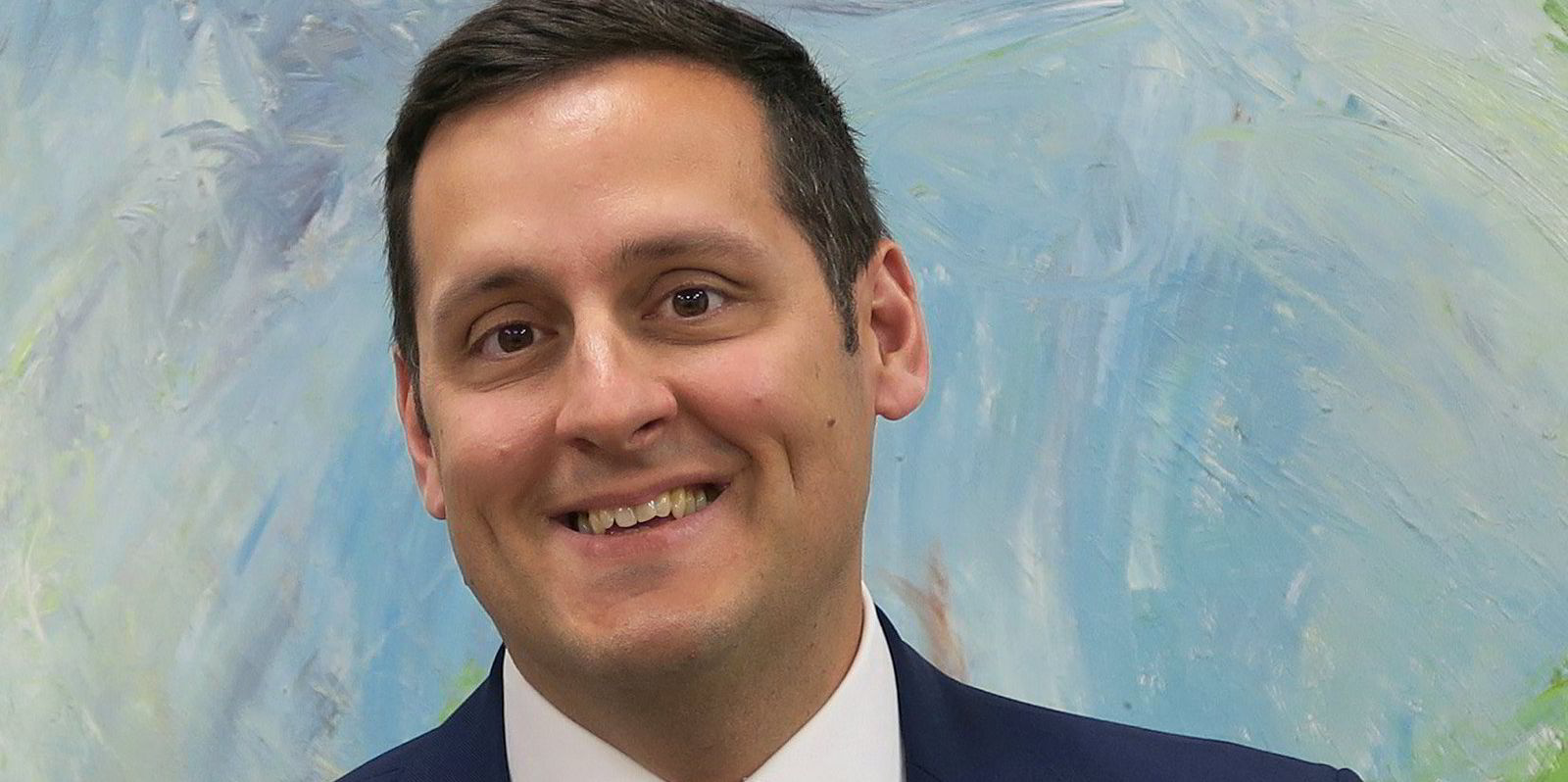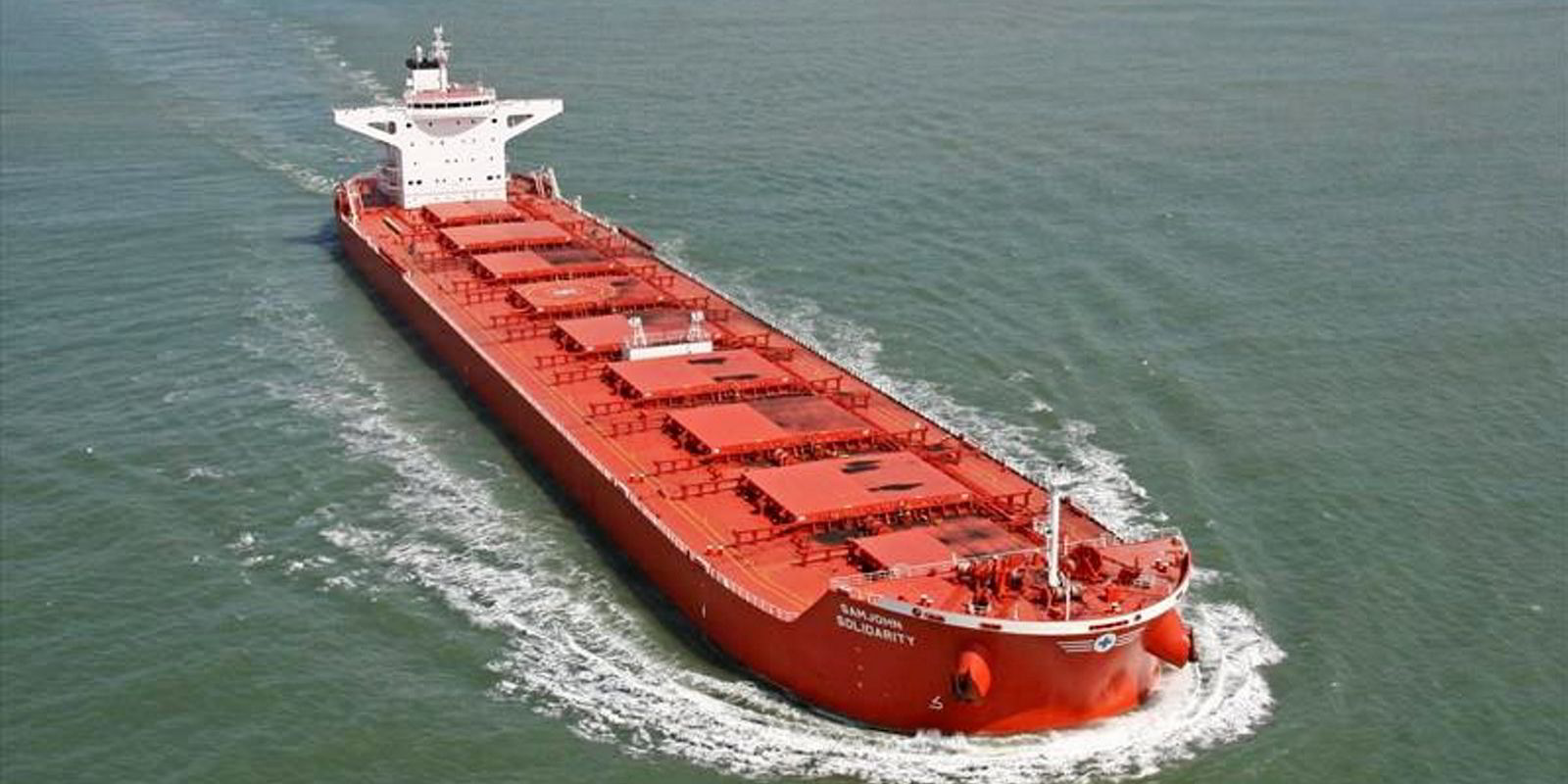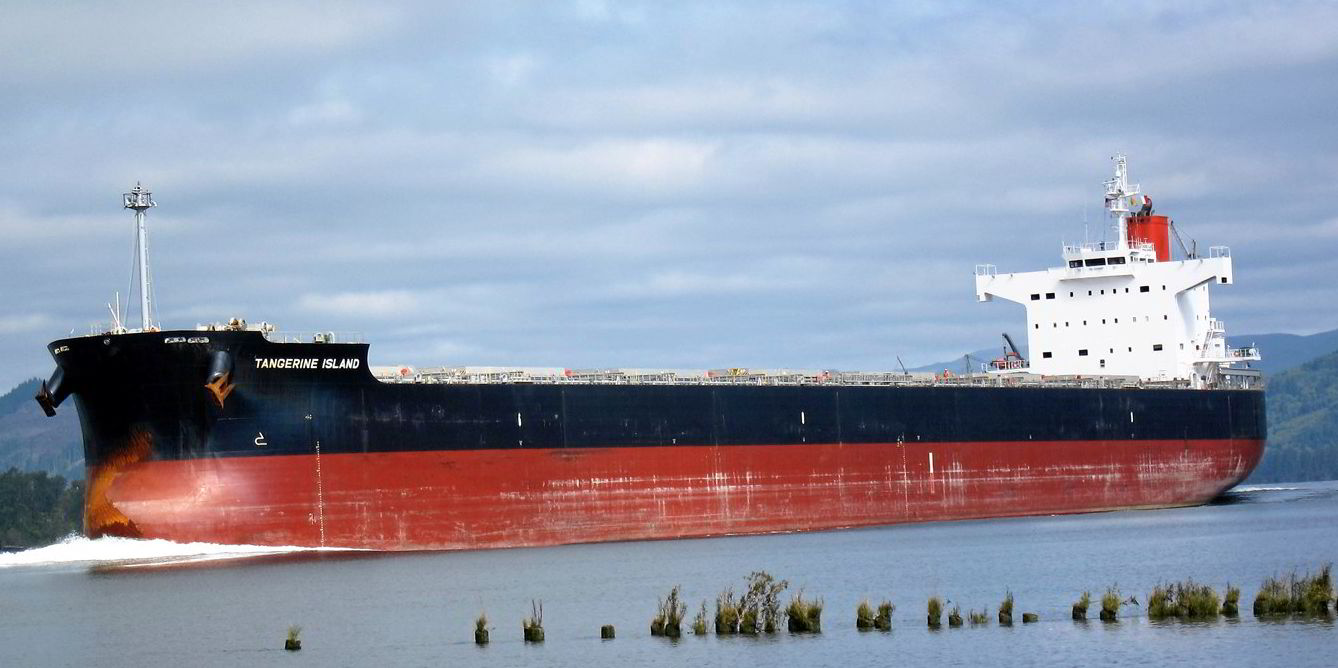UK-listed fund Tufton Oceanic Assets is targeting a tanker buy after selling two of its four bulkers.
The London-listed company said two handysizes have gone for $20.5m, with the internal rate of return exceeding the targets given in its 2018 prospectus.
This will be the company's third divestment, but it has never sold bulkers before. Tufton offloaded its last crude tanker in January.
The sale will leave the company with 19 ships, including boxships and product tankers.
"While the company aims to hold its investments over the longer term, we will sell investments where this generates additional value for shareholders," Tufton said.
The vessels were acquired for less than 70% of depreciated replacement cost, or newbuilding parity, in 2018 and early 2020.
Fleet data suggests the ships are the 33,500-dwt Orient Alliance (built 2012), acquired in March 2020 from Interorient Shipmanagement for $7m, and the 34,500-dwt Skelt (built 2010), bought from Skelt Marine for $12.9m in 2018.
Reinvesting the proceeds
The move was made in line with the company's investment strategy of selling at 100% of the depreciated replacement cost.
Tufton expects to reinvest the proceeds quickly, and said it would probably move to buy a tanker for 70% of newbuilding cost.
Paulo Almeida, chief investment officer at Tufton Oceanic's manager, Tufton Investment Management, told TradeWinds the company likes the handysize sector generally.
"But we were now being offered bulkers and seeing broker valuations at prices that didn’t make sense for us anymore," he added.
"At the point where you stop being a buyer, you start seriously thinking about selling — or taking longer charter coverage. Well, that’s what we do at Tufton."
Almeida stressed Tufton is not a shipping company.
No attachment to one vessel type
"We are not tied to one market segment; when someone is, there is the tendency to just keep wanting to believe their market will continue getting better," he added.
The company believed it was more attractive to sell the two vessels than re-charter them, because it can now invest in other sectors where prices are lower relative to both replacement cost and yields.
"While we can't be sure these relative value opportunities will always be available, they often are because of the low correlations between the markets which each have their own supply cycles and demand cycles," Almeida said.
"Tankers are suffering from lower demand primarily due to Covid impacting transport fuels. Demand will recover post-Covid while the supply side continues to improve."
Tufton views reallocating capital between shipping segments as a key part of the investment strategy.
Success for shipping families
"It is also a key success factor for many shipping families with diverse fleets," Almeida said.
In April, Tufton Oceanic said boxship charter coverage is holding back its net asset value (NAV) in booming markets.
But the company argued that a stable rise in value as vessels are re-fixed at higher rates will pay off for investors over the long term.
In a first-quarter update, the shipowner said its NAV stood at $284.44m on 31 March, with a total return for the quarter of 9.1%.






